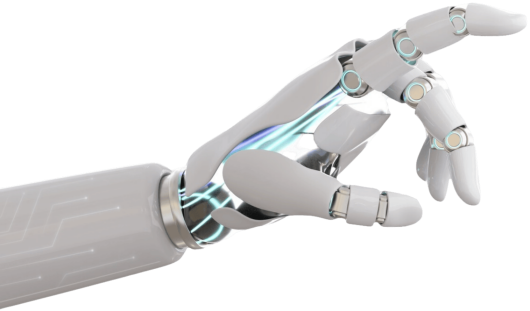
Augmented reality (AR) is a promising technology for improving the applicative and comprehension skills of students. The ARiSE project developed an Augmented Reality Teaching Platform (ARTP) for secondary schools. A Chemistry learning scenario was implemented that is based on the interaction paradigm “building with guidance”. This study aims at assessing the extent to which specific capabilities of the ARTP support the understanding of Chemistry concepts as well as their contribution to the perceived utility. The results of a multiple- regression analysis show that the specific features of the Chemistry scenario enable students to better understand the subject matter with less effort in learning. Overall, the interaction paradigm proved to have a positive influence on the effectiveness and efficiency of the learning process.
perceived usefulness, learning effectiveness, learning efficiency, augmented reality, e-learning.
Dragoş Daniel Iordache, Costin Pribeanu, Alexandru Balog, "Influence of Specific AR Capabilities on the Learning Effectiveness and Efficiency", Studies in Informatics and Control, ISSN 1220-1766, vol. 21(3), pp. 233-240, 2012. https://doi.org/10.24846/v21i3y201201